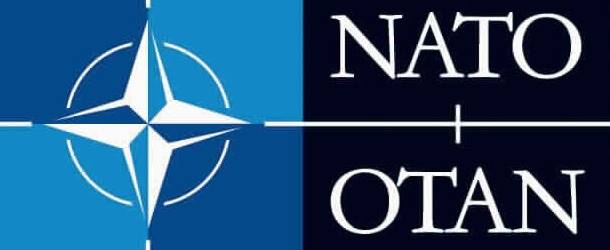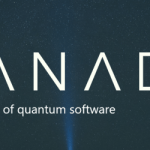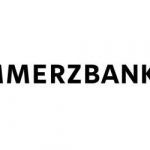NATO Will Guard its Cyber Domain; Integrate Quantum Computing AI & Machine Learning in Defense

(NATO.intl) NATO Secretary General Jens Stoltenberg has published an article explaining the alliance’s cyber resilience and stresses, “The alliance will guard its cyber domain—and invoke collective defence if required.”
Stoltenberg states that Nato is adapting to this new cyber threat reality. “For Nato, a serious cyberattack could trigger Article 5 of our founding treaty.” Cyberthreats to the security of our alliance are becoming more frequent, more complex and more destructive. They vary from low-level attempts to technologically sophisticated attacks.
NATO is establishing a new Cyberspace Operations Centre in Mons, Belgium, to increase our military commanders’ cyber situational awareness.
NATO is working with the European Union, strengthening the ways in which they share information, train, educate, and conduct exercises to ensure that they have the most robust tools possible for responding to the growing cyberthreat.
NATO is resolved to strengthen it relationship with industry to take full advantage of innovation and keep pace with technological advances. Industry creates, operates and innovates in this space so this relationship will only become more important as we transition to the “internet of things,” with more smart devices embedded in our everyday lives, and to the greater use of artificial intelligence, machine learning and quantum computing.





















